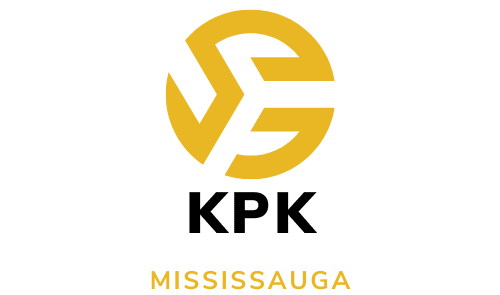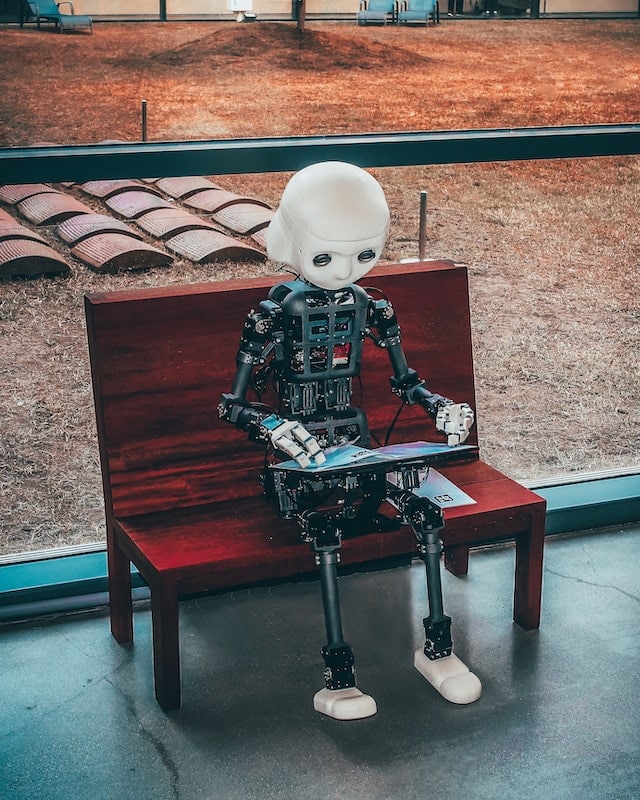The era of Artificial Intelligence (AI) has ushered in a revolution across a myriad of industries. Among these, the media and entertainment industry is rapidly reaping the benefits of AI’s transformative powers. AI’s influence in content creation is proving to be a game changer, with its assemblage of tools and technologies having a profound impact on the way users experience the world of entertainment.
By comprehending and harnessing the true potential of AI, creators are empowered to deliver higher-quality content, while also ensuring tailored user experiences. From video production to music creation and marketing strategies, AI is reshaping the industry’s landscape. Let’s delve into how AI is powering change and what that means for the future of content creation.
A lire aussi : How are AI-powered robots assisting in eldercare?
How AI is Redefining Content Creation
Creating content that resonates with audiences requires an understanding of intricacies that go beyond just creative instinct. Data plays a pivotal role in understanding user habits, preferences, and consumption patterns. AI, with its capability to process and analyze vast amounts of data, facilitates creators to tailor content that aligns with user interests.
In video production, AI tools are being utilized to automate mundane tasks such as editing, sound mixing, and color correction. This not only speeds up the production process but also frees up creators to focus on more critical aspects of storytelling. Moreover, AI’s machine learning capabilities can help generate scripts based on user data, ensuring a more engaging viewing experience for audiences.
Cela peut vous intéresser : How can AI assist in disaster preparedness and response?
AI-Powered Music Creation and Marketing
The influence of AI doesn’t stop at video production; it has also infiltrated the music industry. AI-powered tools are capable of composing music by analyzing patterns from previous hits, which helps to create tunes that are more likely to appeal to listeners. Emerging artists and music producers are increasingly using these tools to enhance their compositions and deliver a more refined listening experience.
In the realm of marketing, AI is helping to design more effective, data-driven strategies. Predictive algorithms analyze user behavior and preferences, enabling marketers to create highly personalized campaigns. This precision targeting ensures that the right content reaches the right audience at the right time, optimizing marketing efforts and boosting engagement rates.
Enhancing User Experience with AI
With the rise of streaming services and on-demand media, the competition to capture user attention has intensified. AI is instrumental in enhancing user experience by providing personalized content recommendations. By analyzing user data, these algorithms can accurately predict what users might enjoy, leading to a more satisfying and engaging experience.
AI is also being used to improve content accessibility. Automated transcription services, powered by AI, can generate accurate subtitles, enhancing the viewing experience for diverse audiences. Similarly, AI-powered voice recognition technology can convert speech into text in real time, making media content more accessible to individuals with hearing impairments.
The Role of AI in Content Quality and Production Efficiency
AI is not just enhancing the creative process; it is also boosting production efficiency and content quality. AI-powered tools can automate repetitive tasks, speeding up the production process and allowing creators to focus more on the creative aspects of their work.
In terms of quality, AI algorithms can analyze user feedback and reviews to identify areas of improvement. This can help content creators fine-tune their work based on user sentiment, leading to a higher quality end product.
AI and the Potential Future of Content Creation
Looking forward, it is clear that AI will continue to play a significant role in the content creation process. The technology’s ability to analyze data, automate tasks, and personalize user experiences is only expected to get more advanced.
As AI continues to evolve, so too does its potential to influence the future of the media and entertainment industry. While there may be concerns about AI potentially replacing human creativity, it is important to remember that AI is just a tool. It can assist and enhance the creative process, but it cannot mimic the human touch that gives content its unique appeal.
As we navigate this exciting frontier, the relationship between AI and content creators is set to become even more symbiotic. The key lies in harnessing AI’s potential while ensuring the preservation of the uniquely human element that lies at the heart of all creative endeavors.
AI in Social Media Content Creation
The power of AI isn’t limited to video production or music creation. It has extensively permeated the realms of social media, significantly enhancing content creation capabilities in this domain. Social media platforms have become the epicenter of digital content consumption, and AI is playing an instrumental role in creating content that is both engaging and resonates with the target audience.
AI-powered tools are being used for creating and curating social media content that aligns with user preferences and consumption habits. These tools analyze vast amounts of data from user interactions, posts, shares, likes, and comments, to understand user behavior and interests. Using this data, AI can predict the type of content that users are likely to engage with.
Furthermore, AI is used in creating personalized content, a key factor in ensuring user engagement on social media platforms. Personalized content refers to content that is tailored to the unique interests and preferences of individual users. AI algorithms sift through user data in real time to create content that appeals to individual tastes and preferences.
Also, AI is being used to automate content scheduling and posting, ensuring that content reaches users at the most opportune times. This eliminates the guesswork and manual labor involved in social media management, freeing up content creators to focus on their core creative tasks.
AI and the Future of the Media and Entertainment Industry
There’s no denying that artificial intelligence has had a transformative impact on the media and entertainment industry. From reshaping the way content is created to how it’s consumed, AI’s influence is far-reaching and profound. As we look towards the future, it’s clear that AI will continue to be an integral component in this industry’s evolution.
AI’s ability to process and analyze massive amounts of data in real time is enabling media companies to create high-quality content that resonates with audiences on a deeper level. Personalized content, powered by AI, is becoming the norm rather than the exception, leading to enhanced user experiences and increased engagement rates.
However, it’s important to note that while AI is transforming the content creation process, it’s not replacing human creativity. Instead, it’s augmenting it, providing creators with the tools they need to bring their creative visions to life. The key is to use AI as a tool to enhance and streamline the creative process, not as a replacement for the uniquely human element that gives content its unique appeal.
In conclusion, as the symbiosis between AI and content creators continues to flourish, the media and entertainment industry stands on the brink of an exciting new era. The potential of AI-powered content creation is immense and as we continue to harness its capabilities, the future of the media and entertainment industry looks promising. While challenges may lie ahead, the potential benefits far outweigh the obstacles, making AI an exciting frontier in the world of content creation.











